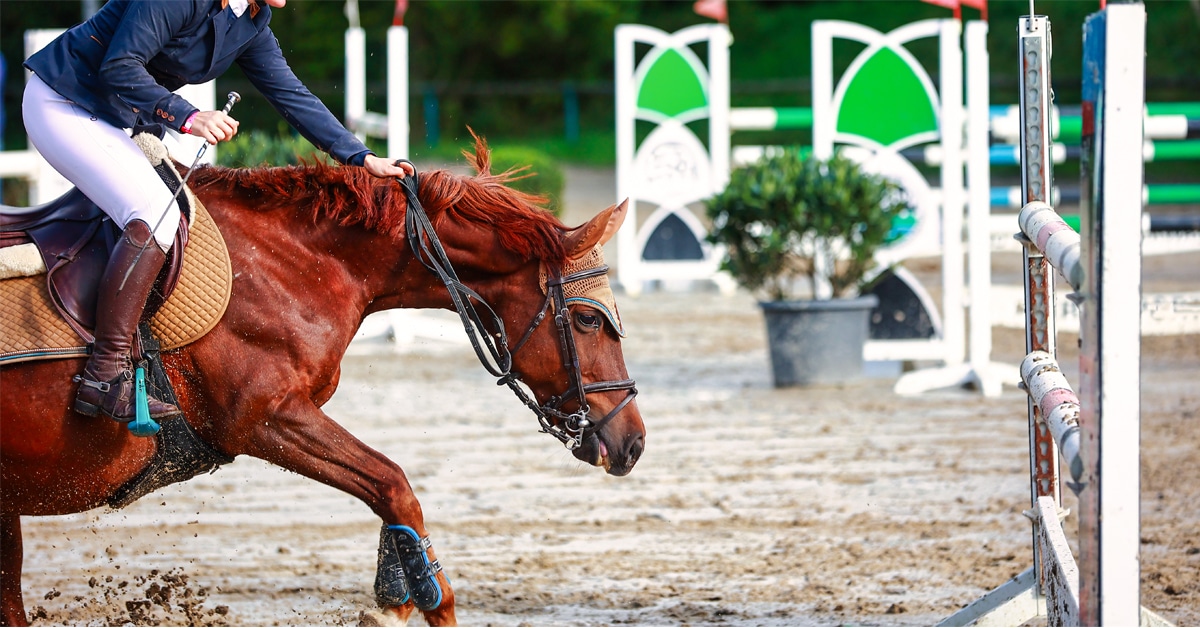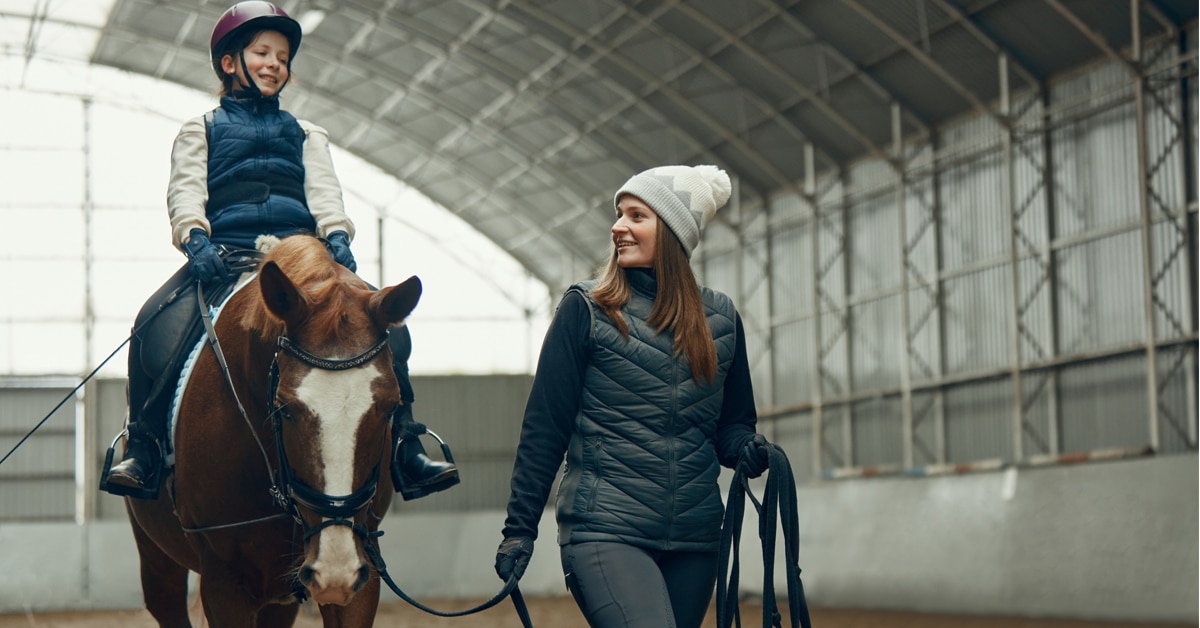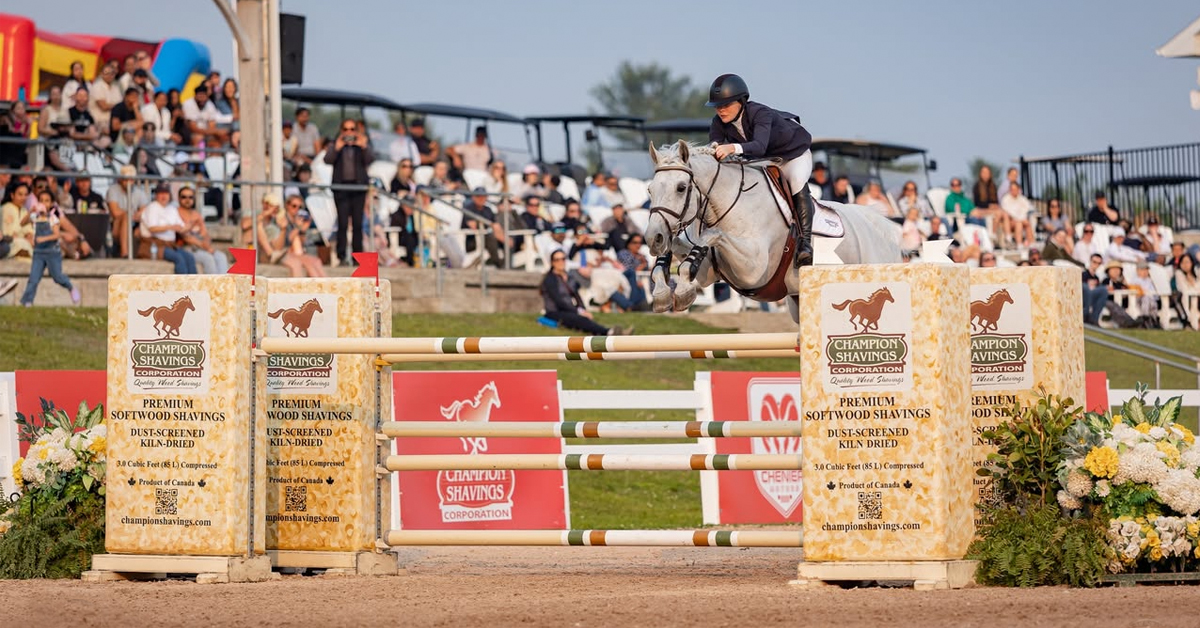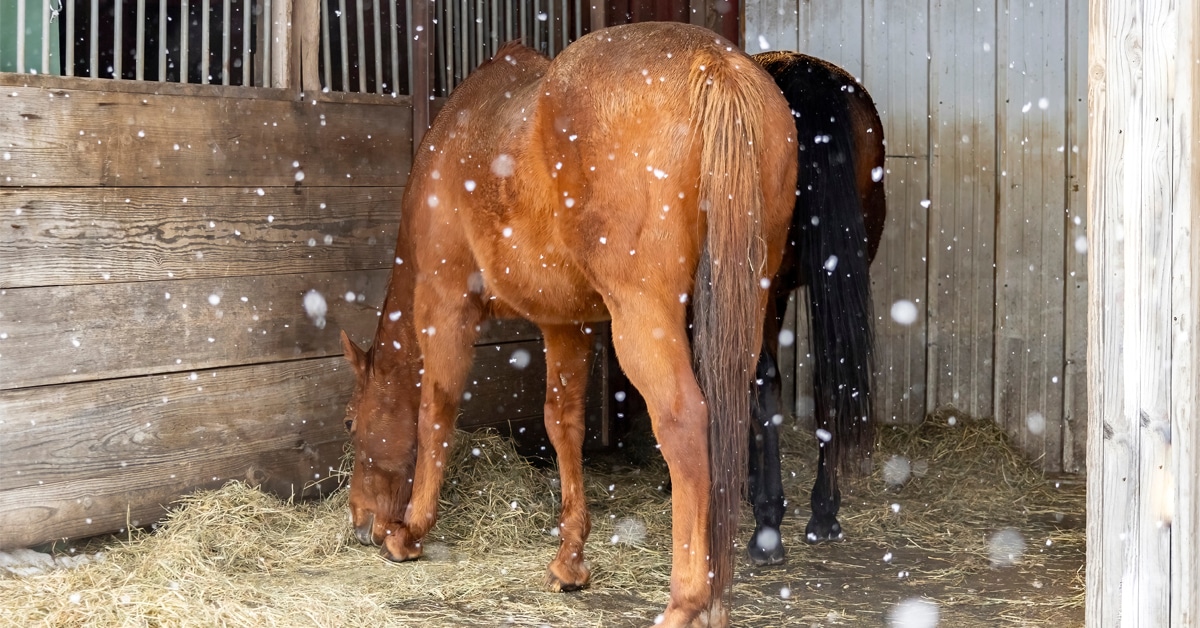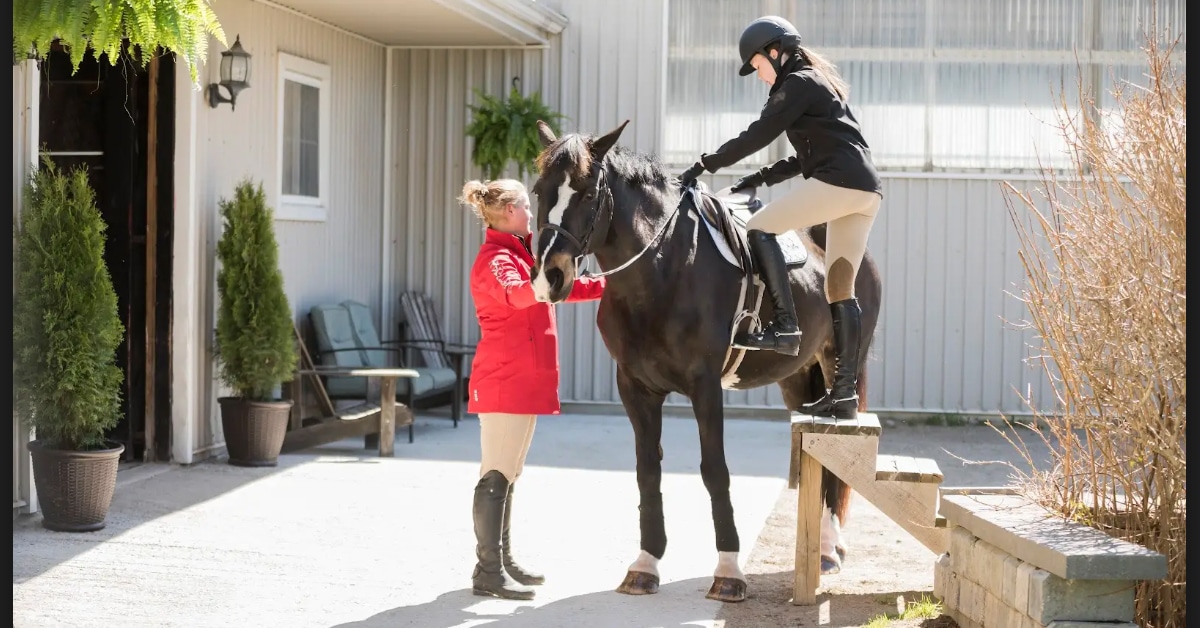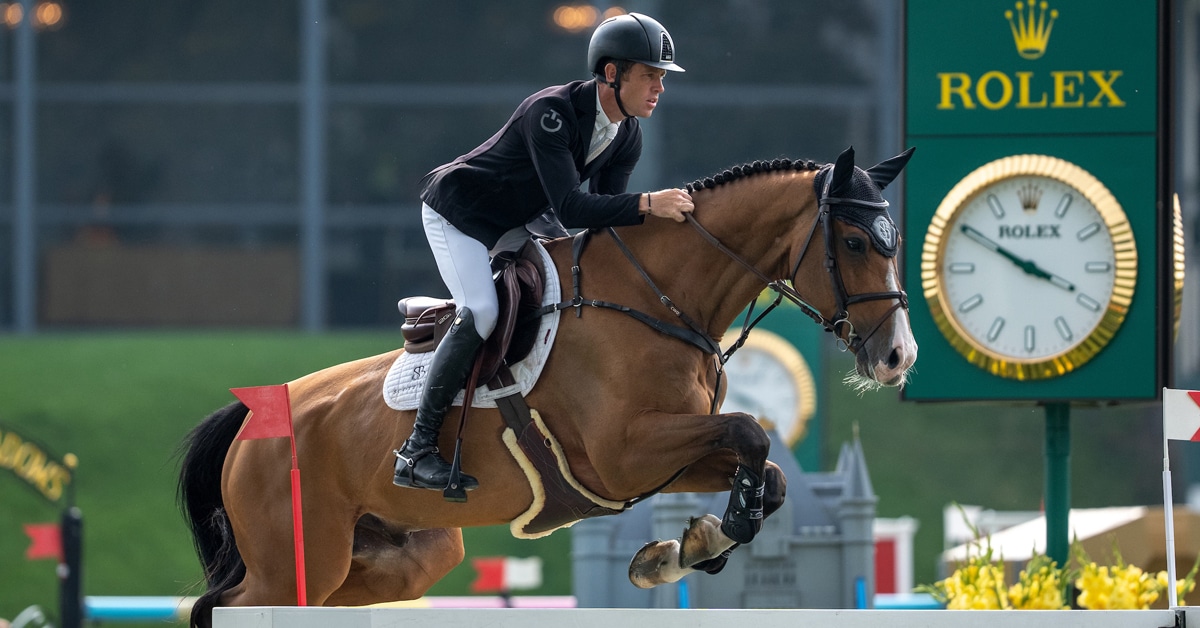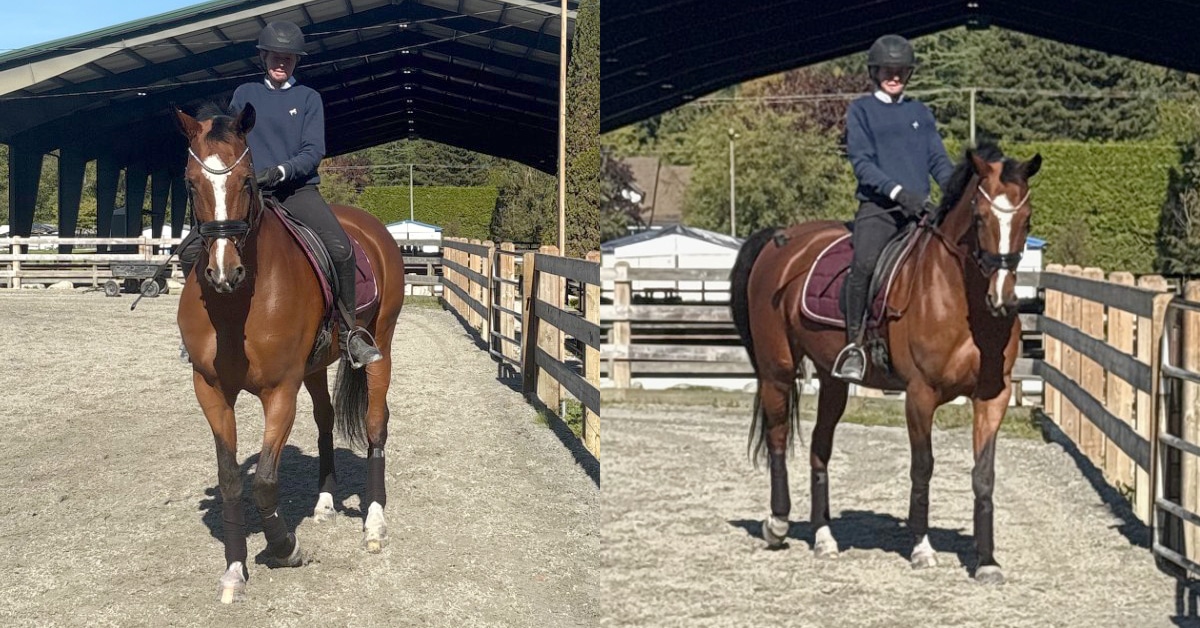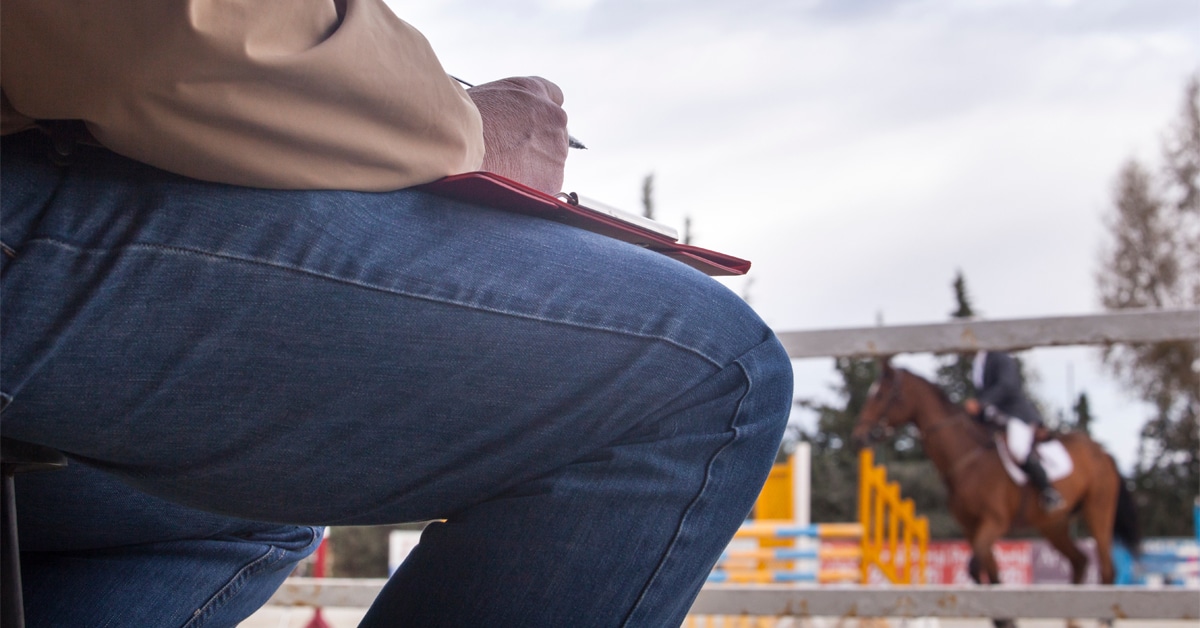Classical dressage education is a valuable legacy for the sport of dressage. Preserving the heritage of teaching the correct seat, use of the aids and foundational basics to riders is essential to retain the horse’s mental and physical balance during training and competition. Classical dressage masters never rush a horse’s development, as they are guided by the masters before them. “‘I have time’ reminds the rider that the goal of the classical art of riding is to be attained only by the gradual increase of demands,” said the legendary Alois Podhajsky, former head rider at the Spanish Riding School.
One of the greatest dressage masters of the 20th century was Otto Lorke, and one of his most gifted students was Willi Schultheis. In April, along with Elskling Farm owners Sandra and Paul Wright, we hosted a clinic with certified German FN Master Dressage Instructor/Trainer Gerhard Politz, a former student of Schultheis’. Gerhard also trained with classical masters General Albert Stecken, FEI “O” Judge Brigadier Kurt Albrecht and Egon von Neindorff. Egon also taught the highly-respected classical dressage trainer and former owner of Elskling Farm, the late Dietrich Von Hopffgarten, for whom I was a working student.
Promoting these living masters with their old world approach to dressage training is my goal as they are agents of social change in the current riding culture. They bring awareness that the highest level of competitive dressage can be trained humanely if the rider becomes more disciplined and mindful of the horse’s mental and physical balance.

(L-r) Margaret K Boyce, MKB Dressage clinic organizer; student Linda Barkerwith Esprit, her 13-year-old Dutch Warmblood gelding; and clinician Gerhard Politz. (photo courtesy M. Boyce)
The clinic was filled with a variety of riders, from local pros to serious amateurs. One of the clinic’s most seasoned competitors was Canada’s top para-equestrian, Olympian Noni Hartivikson with her Olympic mount, Onyx and up-and-coming youngster Geronimo. Gerhard and Noni immediately clicked, since international para-dressage competitions require the rider to maintain the highest standard in gaits and harmony. This was Gerhard’s first opportunity to coach para-dressage, but it was obvious from the start the match was a great one. Noni’s coach, Wendy Christoff, president of Dressage BC, also attended the session, and the three worked seamlessly together to prepare Noni and Onyx for the 2022 Para Dressage World Championships in Denmark, as Noni had won both of her CDI qualifying classes last week. She shared one of her takeaways from the clinic, saying, “The quality of
dressage is determined by the understanding and execution of classically correct basics. In their absence, harmony and fluency can only be replaced by negative tension.”
Following are some “Pearls of Wisdom” from the clinic, reflecting Gerhard’s teaching methods and philosophy:
- What makes our sport so unique is the fact that when educating horses, one nervous system ‒ that of the horse ‒ is taken over by another ‒ that of the rider.
- The worst advice a riding teacher can give a student is to “sit still”! The horse is in motion and the rider needs to be in motion too, but it has to be in synchronicity with the horse.
- A horse can only go as well as it’s being ridden.
- Perfecting the seat and application of the aids is a lifelong undertaking.
- The rider’s weight aids, especially the rotational seat, are the most important tools of the rider.
- If you don’t have relaxation and purity of the gaits, any attempt at teaching the ‘tricks’ is detrimental to the physical and mental health of the horse.
- It is said that many roads lead to Rome, but once you’ve gone up the garden path it’s usually an extremely long detour.
- The walk: don’t ride a Funeral March, I want to see a Philip Sousa March!
- Carry your hands like you pray in church. Hands held wide apart are invariably working backwards, whether you’re aware of it or not.
***
Gerhard Politz will return to Elskling August 12 -14; for more clinic info contact Margaret K Boyce at MKBDressage1@gmail.com
The Latest
